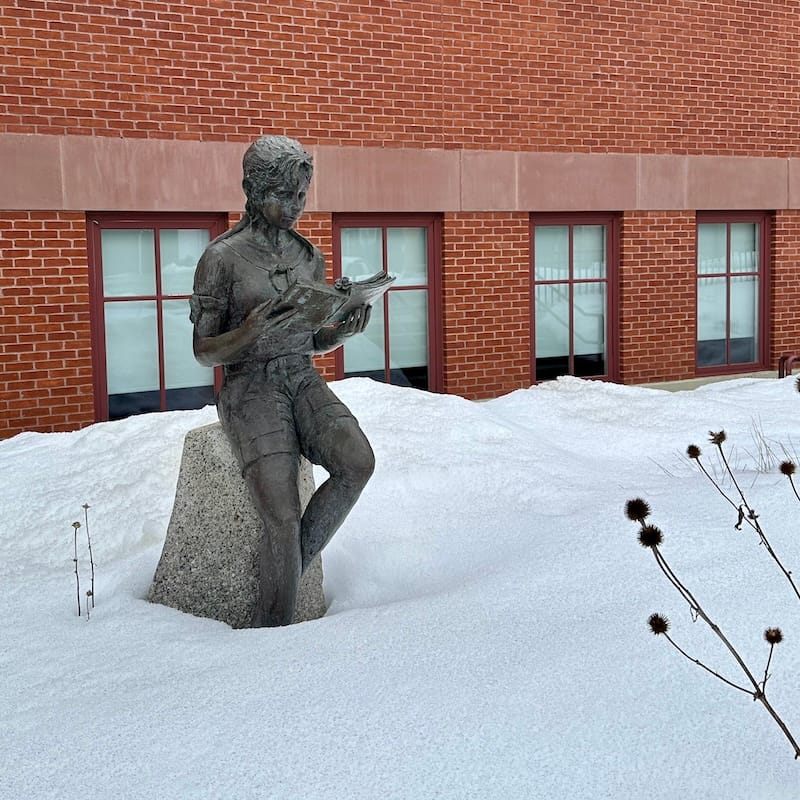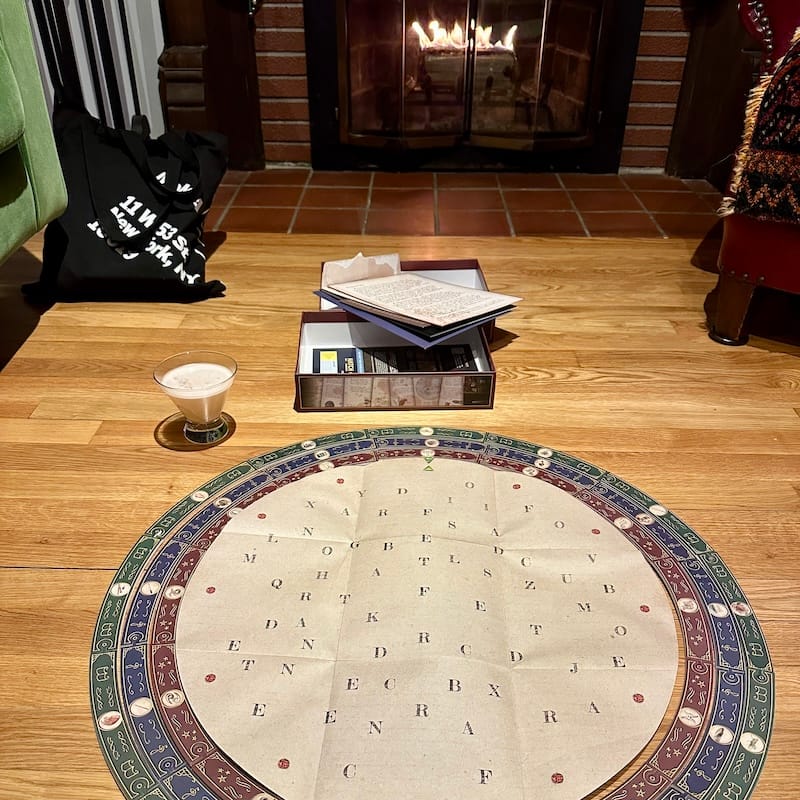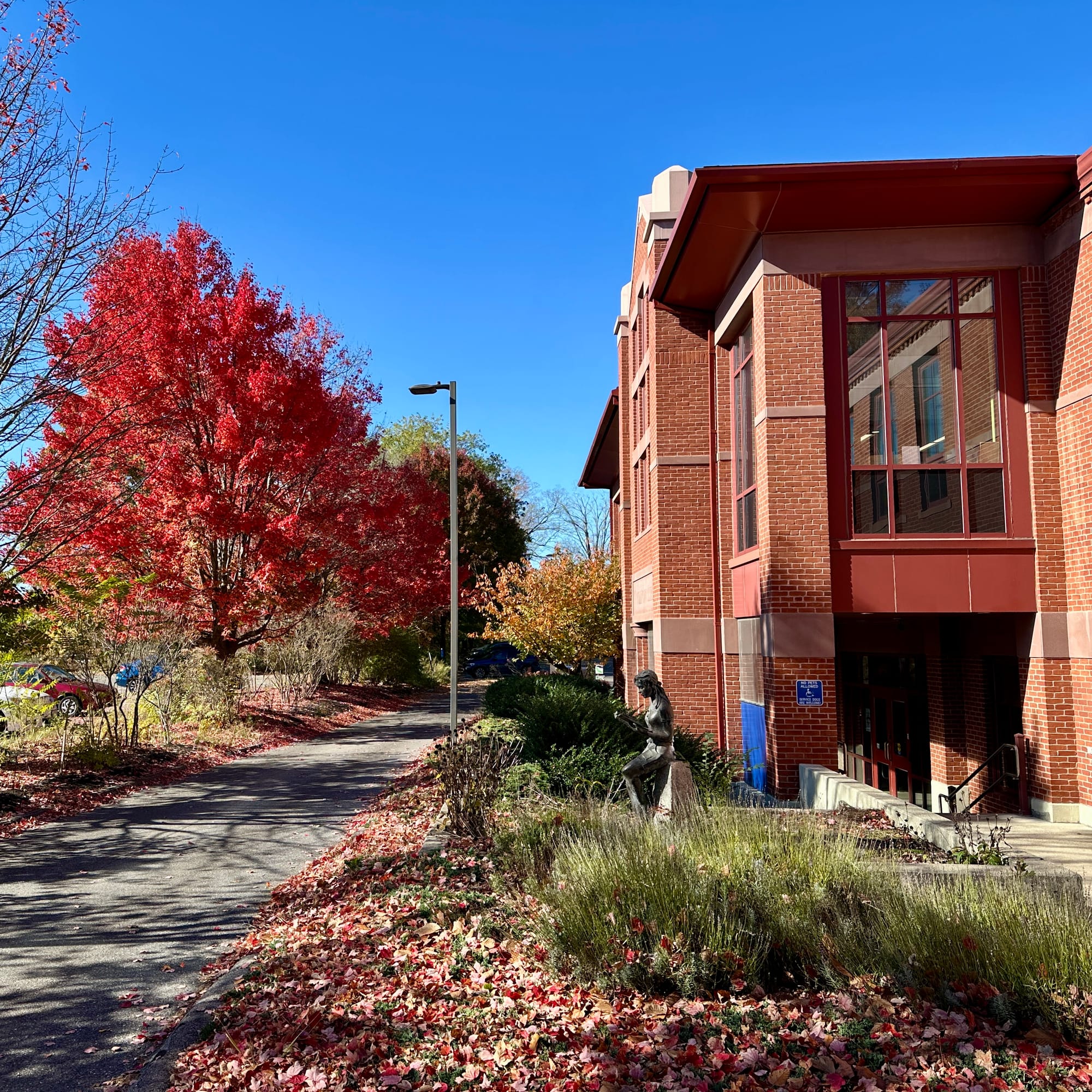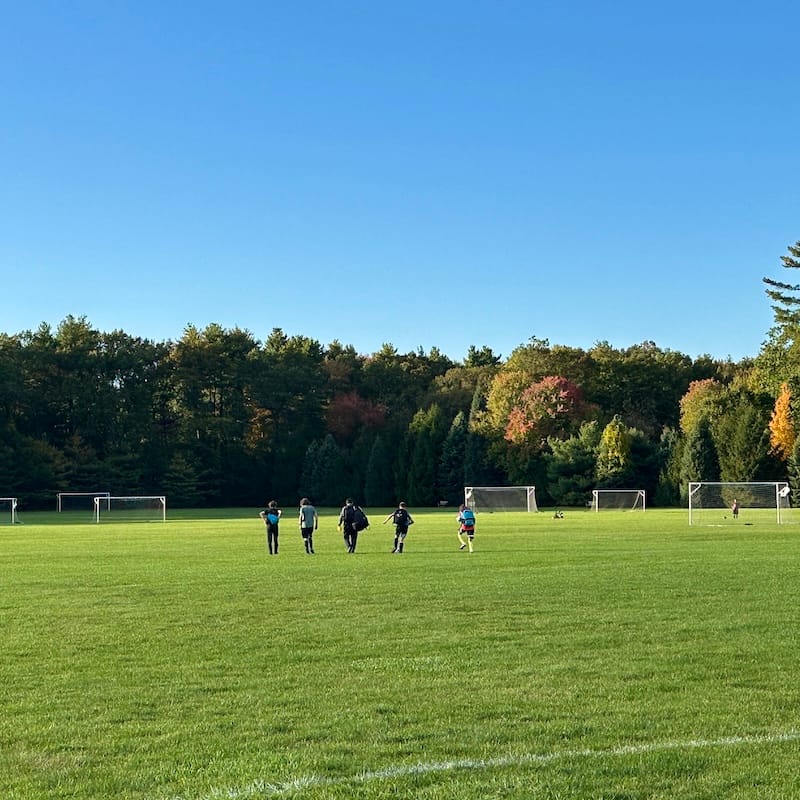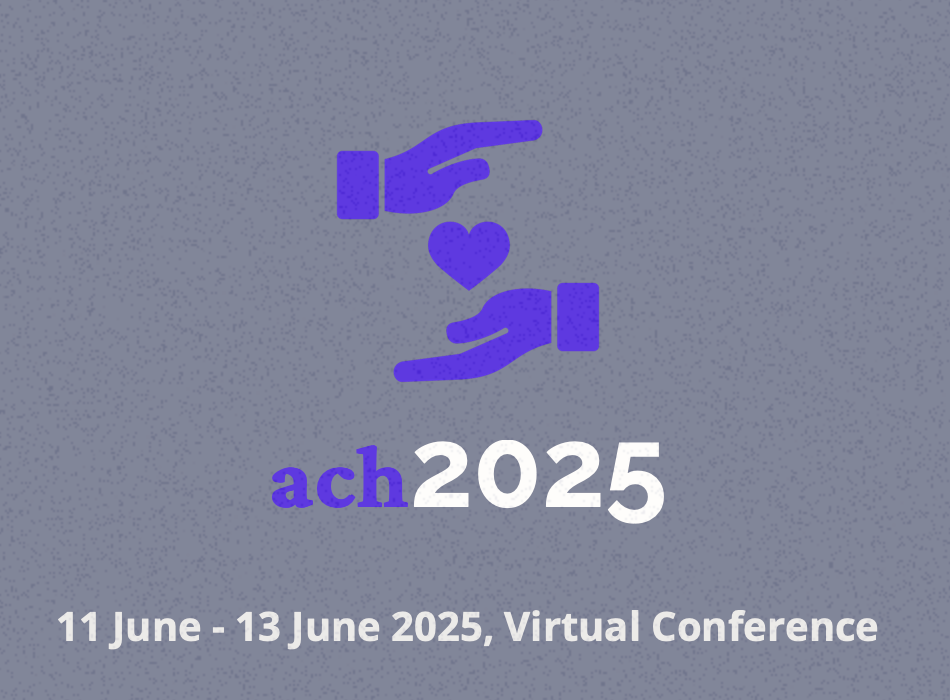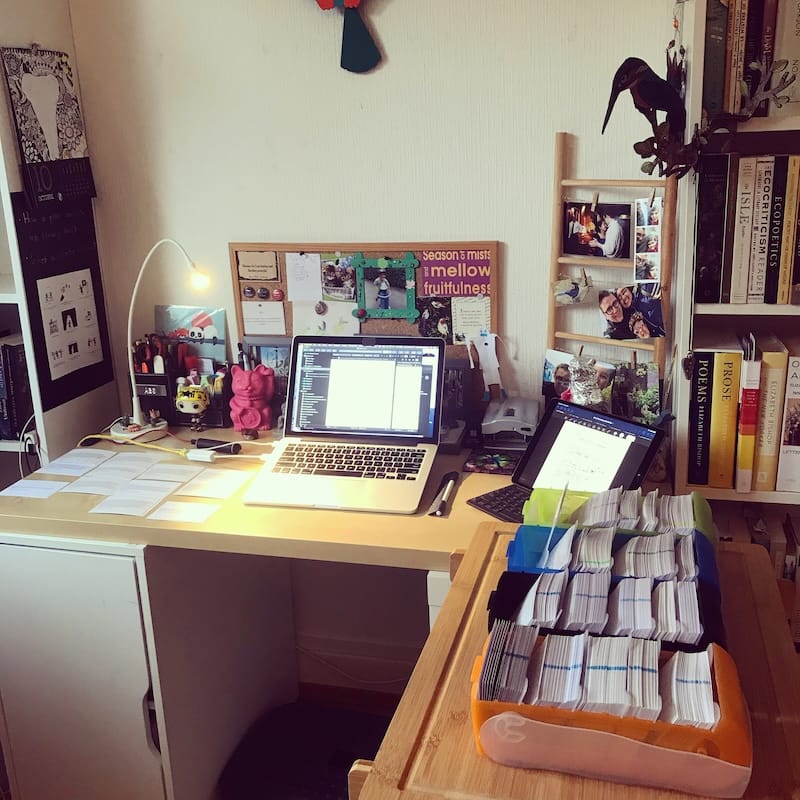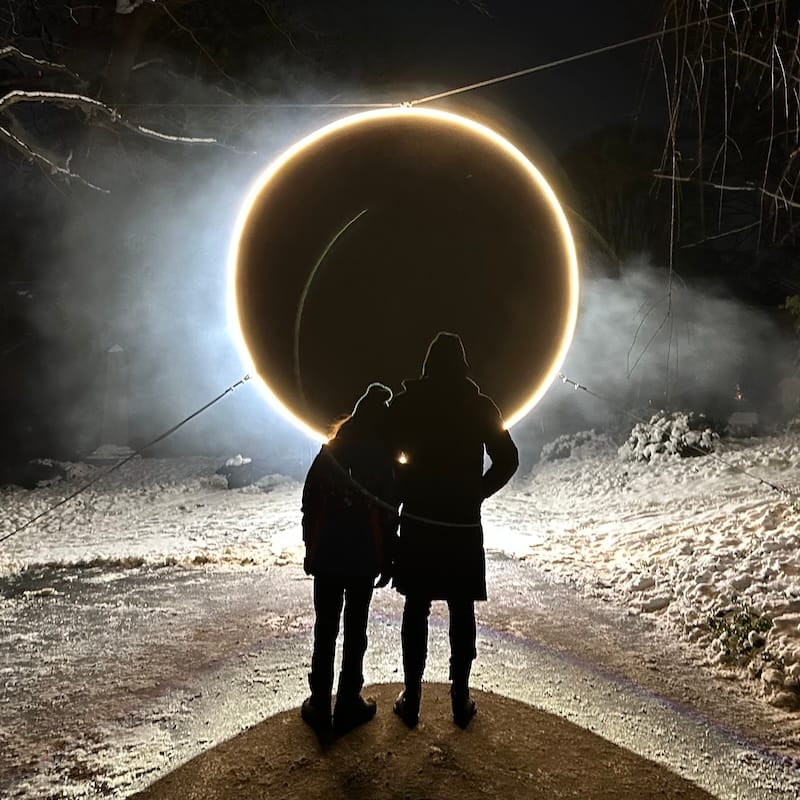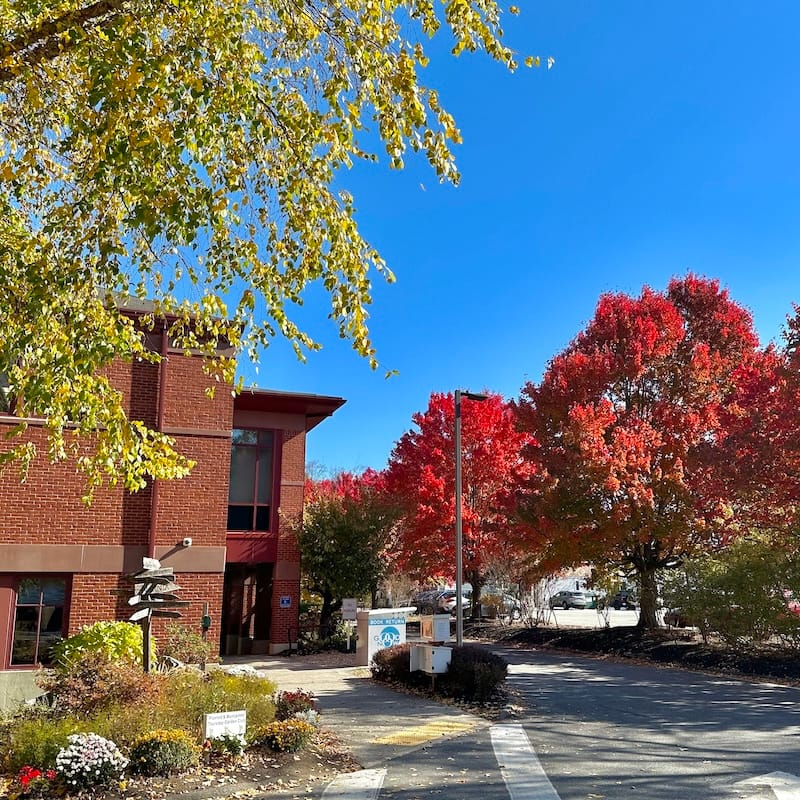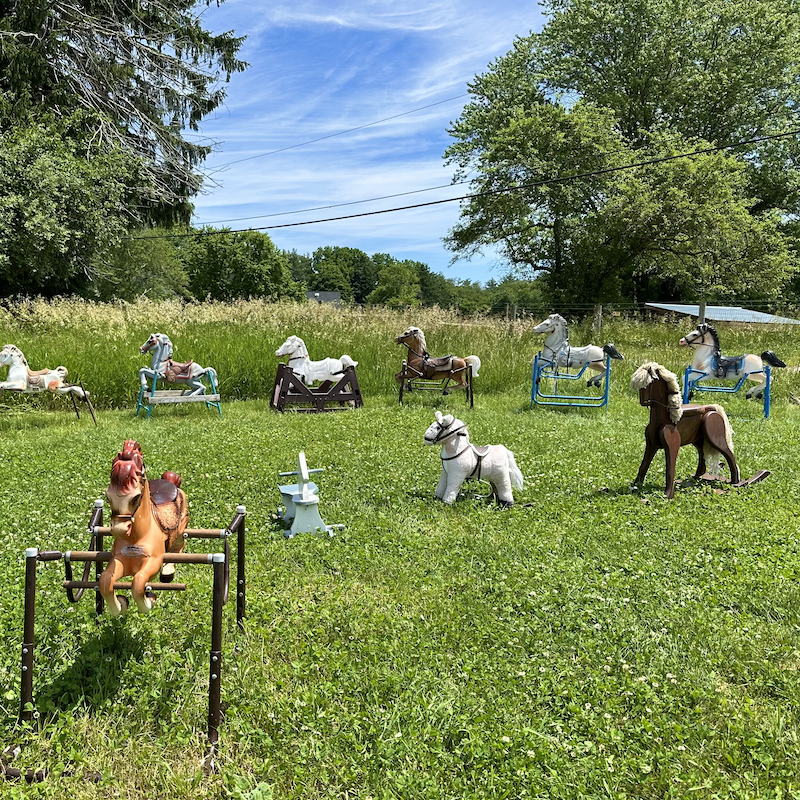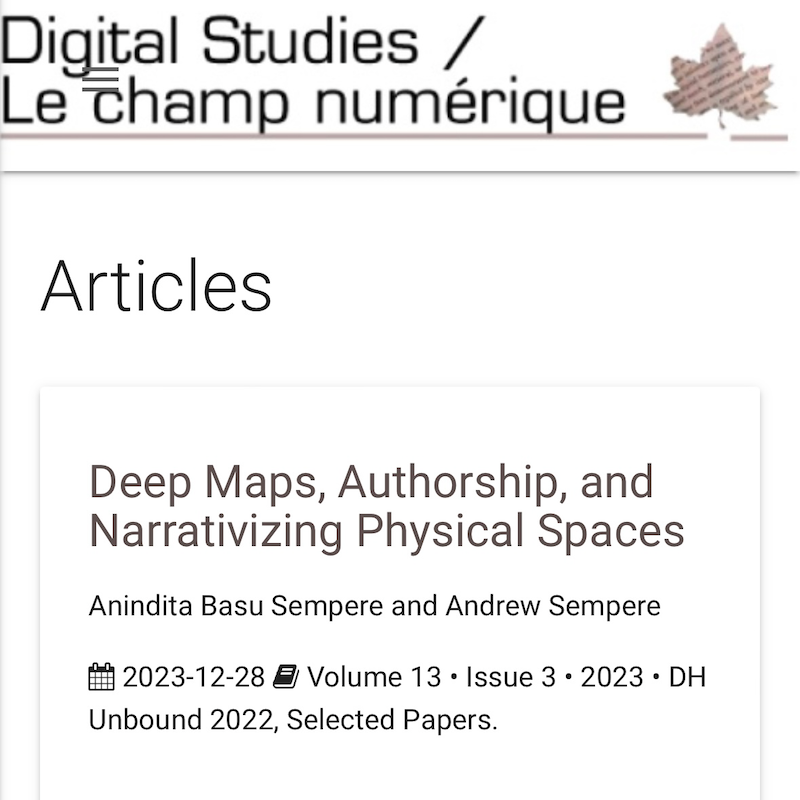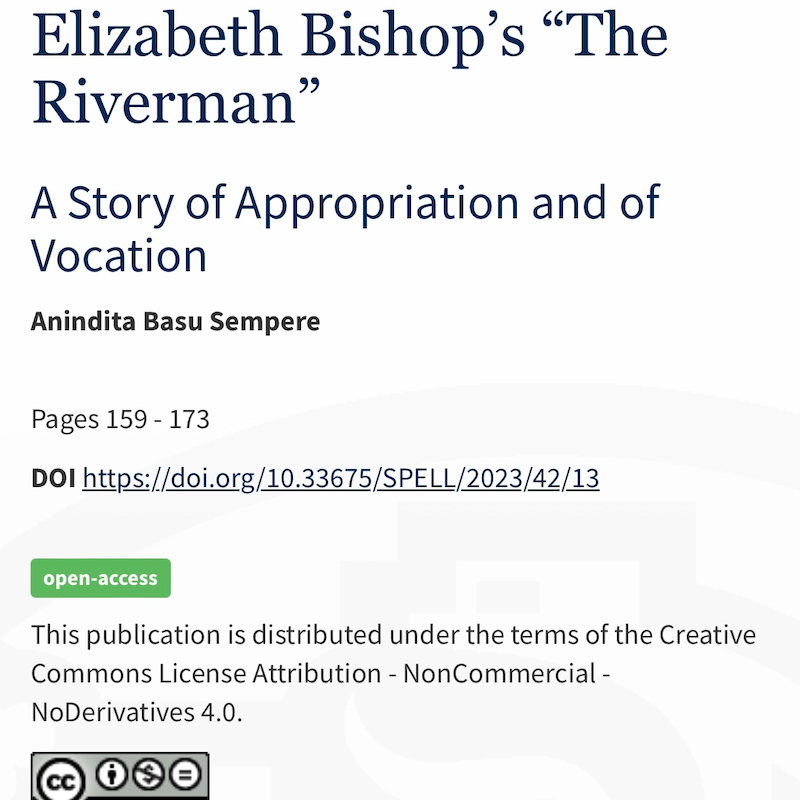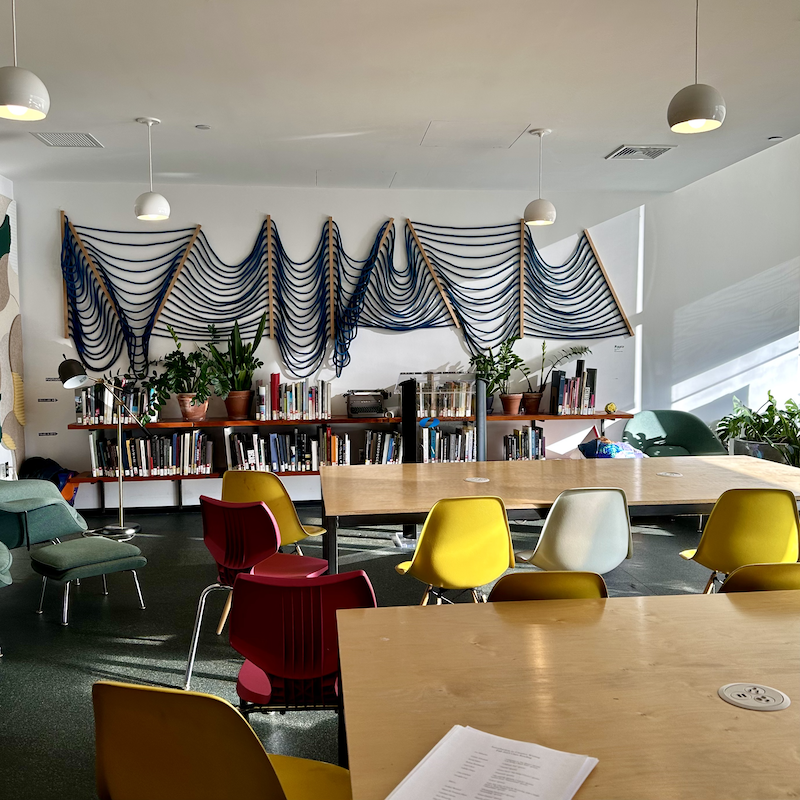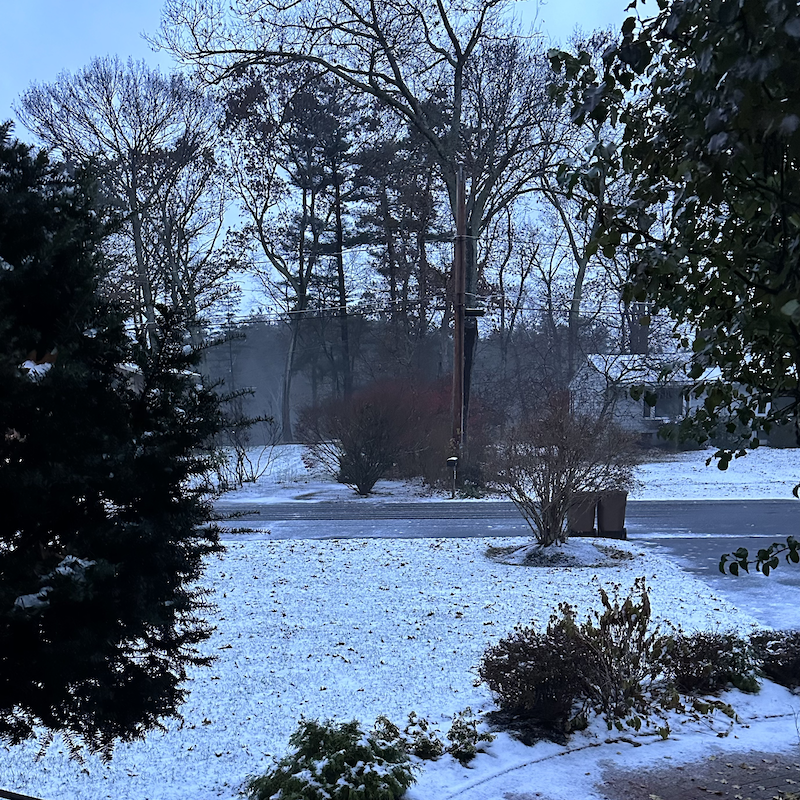
Reading (Jan. 14 '25)
We're two weeks into the new year, and it's already been an interesting one for reading. So far, I've read (in order):
- Brightly Shining by Ingvild Roshøi
- Why We Sleep by Matthew Walker
- The Searcher by Tana French
- Robot Dreams by Sara Varon (for my book group)
- Small Rain by Garth Greenwell
I didn't wholeheartedly love them and really struggled at moments with some, but I'm glad I read every one – they fed different parts of my brain and were interesting. I've been having good conversations about them and am enjoying working my way through the difficult bits – why they were difficult, my responses, etc.
I'm also finally catching up on some essays and reviews I've had open in browser tabs for far too long. I enjoyed these:
"The Essay as Realm" by Elisa Gabbert
I think this is important: memories and ideas happen in a place. An essay is a place for ideas; it has to feel like a place. It has to give one the feeling of entering a room.
"Writing in Pictures: Richard Scarry and the art of children’s literature" by Chris Ware
The Busytown books were enormous successes in America. But Scarry wrote and drew them in Switzerland, where he decided to move in 1967 after a three-week ski vacation with his son. What seems to have been an impulsive decision starts to makes sense if you’ve spent a few days immersed in Scarry’s work writing an essay for The Yale Review: a decidedly un-American tone runs through much of it. By “un-American” I don’t mean anti-American. Instead, I mean there’s a top-down, citizen-as-responsible-contributor, sense-of-oneself-as-part-of-something-bigger that feels, well, civilized.... So it’s perhaps unsurprising that Scarry spent the rest of his life first in Lausanne and then Gstaad, in a lovely chalet, hardly looking back while America slowly ground itself to pieces.
"The Distinction Between Imaginary Science and Magic" by Ted Chiang
I think of science fiction as a post-industrial-revolution form of storytelling, because stories about the ways that new technology can transform society only make sense to people who lived after the Industrial Revolution. In the Middle Ages, technological advances spread so slowly that no one ever saw their world transformed by a new invention within their lifetime. But now that sort of thing is happening every day. Science-fiction stories engage with that reality, and stories about imaginary technologies can help us think about the ways that real technologies affect us.
Fantasy stories do something a little different. Fantasy is good at taking metaphors and making them literal. It turns subjective truths into objective truths. Stories about magic tell you that how you feel matters, and that’s a good thing for a story to do. Having noble intentions or concentrating very hard are worthwhile goals, even if they don’t affect the physical universe. Stories about a universe that recognizes you’re a person are valuable because the modern world makes people feel unimportant. In particular, capitalism excels at making people feel unimportant. Working on an assembly line takes a lot of the joy out of working, but just because the universe does not pay special attention to us, we don’t have to accept the idea that we are undeserving of special attention.
What have you read recently that you enjoyed or that stretched your brain in some way?

